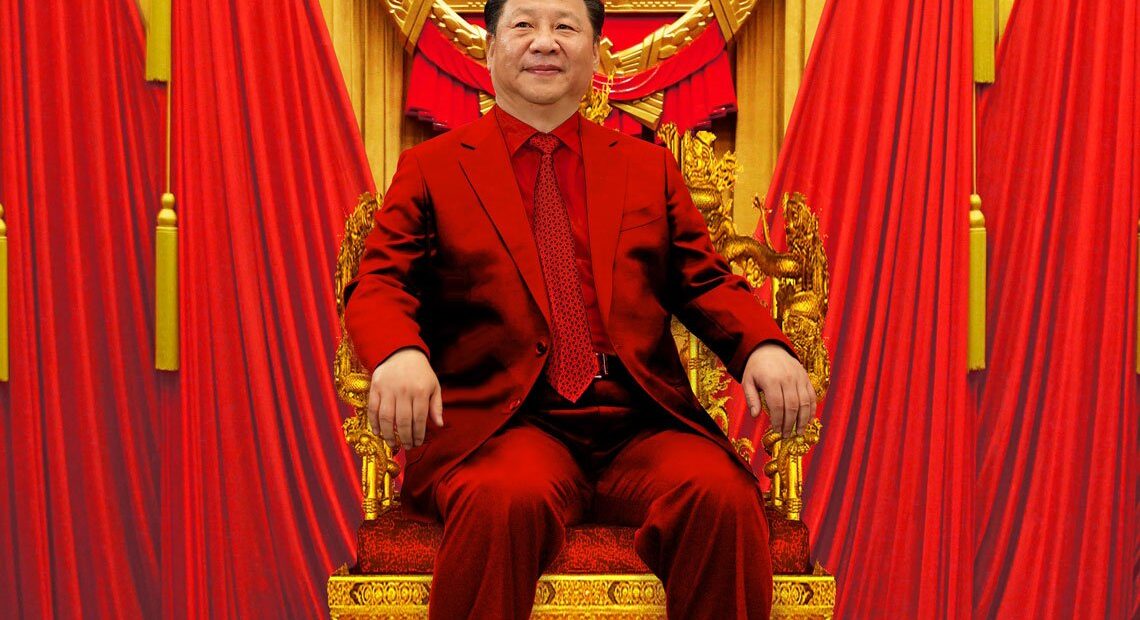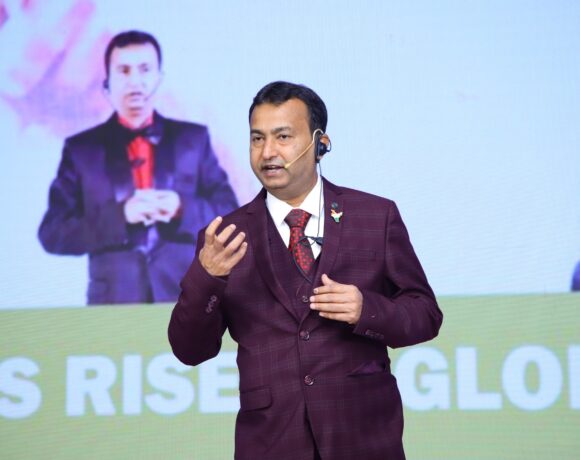

Beijing [China]: Chinese citizens continue to remain in an unhappy state and face the totalitarian regime of the Chinese Communist Party while it openly declares its dominance of the legal system and also rejects judicial independence.
According to The Hongkong Post, the local courts in the communist nation are not often regarded in high esteem in the country.
There has been widespread public unhappiness in China as it is the worst perpetrator of human rights in the world, while the CCP is fully aware that their “campaign-style” justice is a flagrant violation of the rule of law, and it is well aware of the inherent hazards of such campaigns and the possible consequences to public support for its monopoly on power.
Earlier, under Xi Jinping’s overall anti-corruption push, five provinces claimed the arrest of more than 1,000 organized criminal suspects, each within a span of two weeks, a local media report stated.
Shandong province even instituted a quota system, mandating prosecutors’ offices in each local district to prosecute at least one such case every year, or face poor performance evaluations, it added.
During the three-year effort, police allegedly cracked down on 246,000 cases, prosecutors issued 36,000 indictments in which numerous defendants were implicated, and trial courts decided 32,900 cases involving 225,500 defendants. According to the little public reports on sentencing data available, those determined to be members of “organized criminal gangs” or “gang-like groupings” earned considerably lengthier jail sentences than their pre-campaign counterparts.
Furthermore, the seizure of assets from convicted campaign targets has been a significant source of non-tax revenue for several local governments, emphasizing on hefty corruption that is embedded in Xi Jinping’s government. At the behest of their political superiors, compromised cops, prosecutors, or judges often use the local public security bureau to criminally arrest and occasionally punish persons who refuse their demands.
Several beaurocrats of China like He Xingxiang, former vice president of China Development Bank, and Wang Linqing, a former assistant judge at China’s Supreme Court have been booked earlier for taking bribes and held indicative of corruption in China, putting the Chinese government and the judicial system at issue.


















